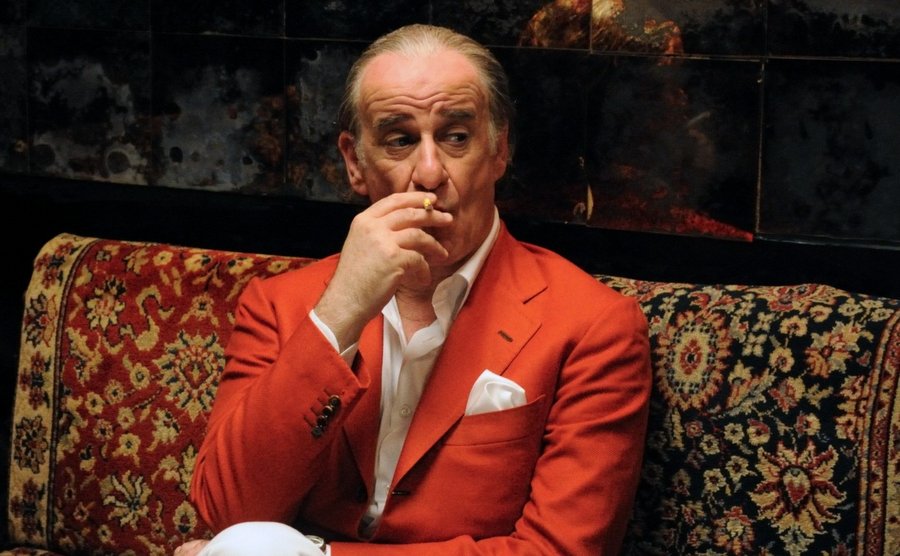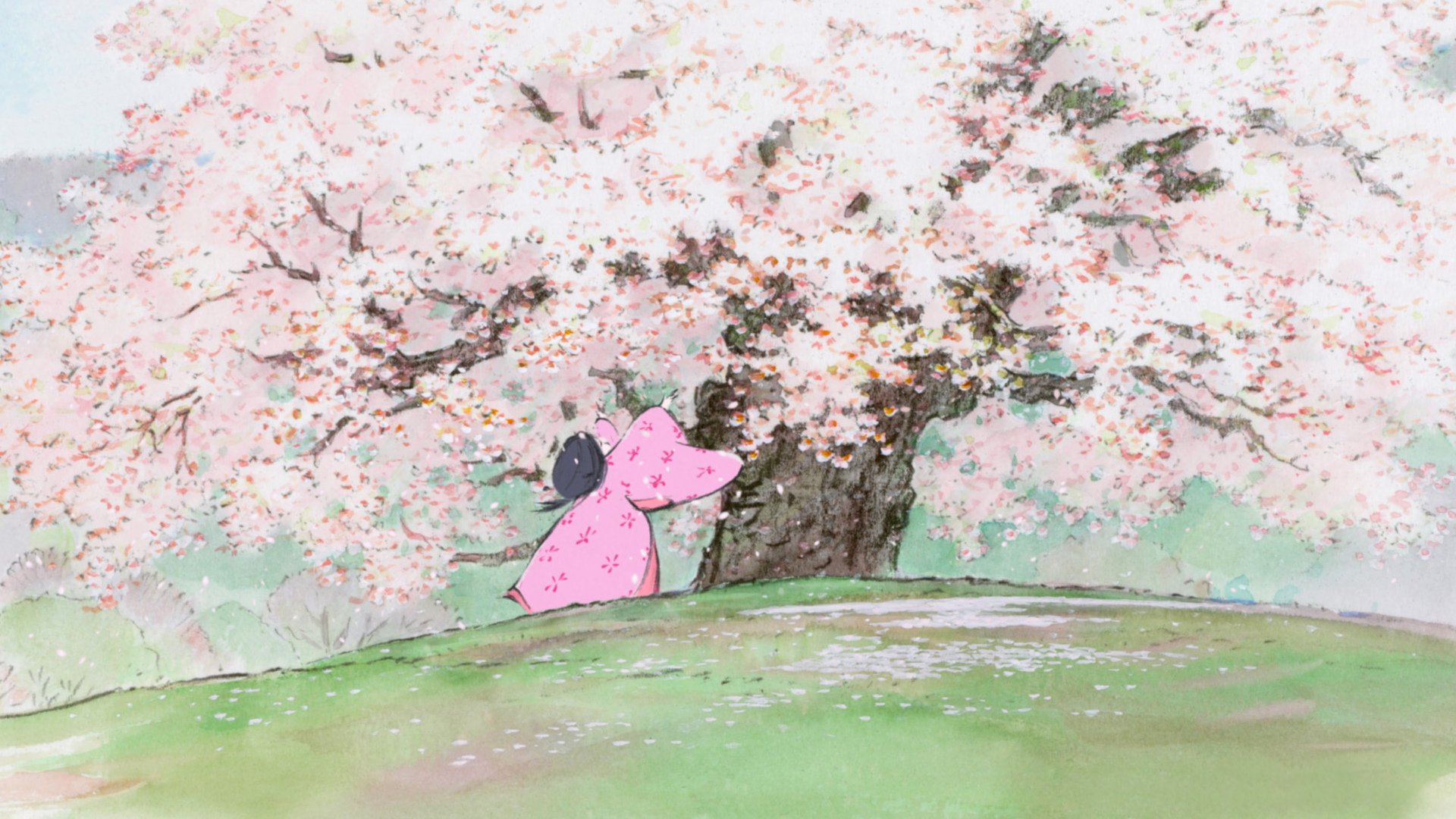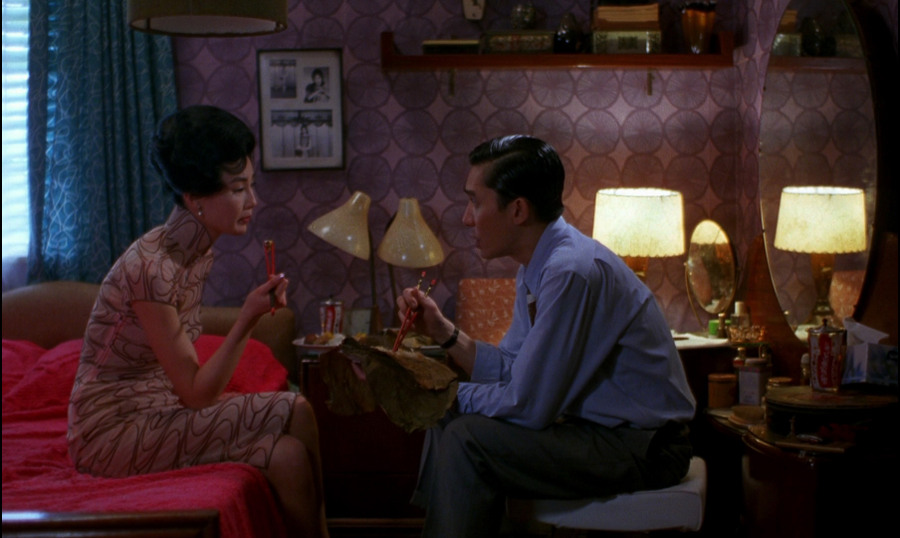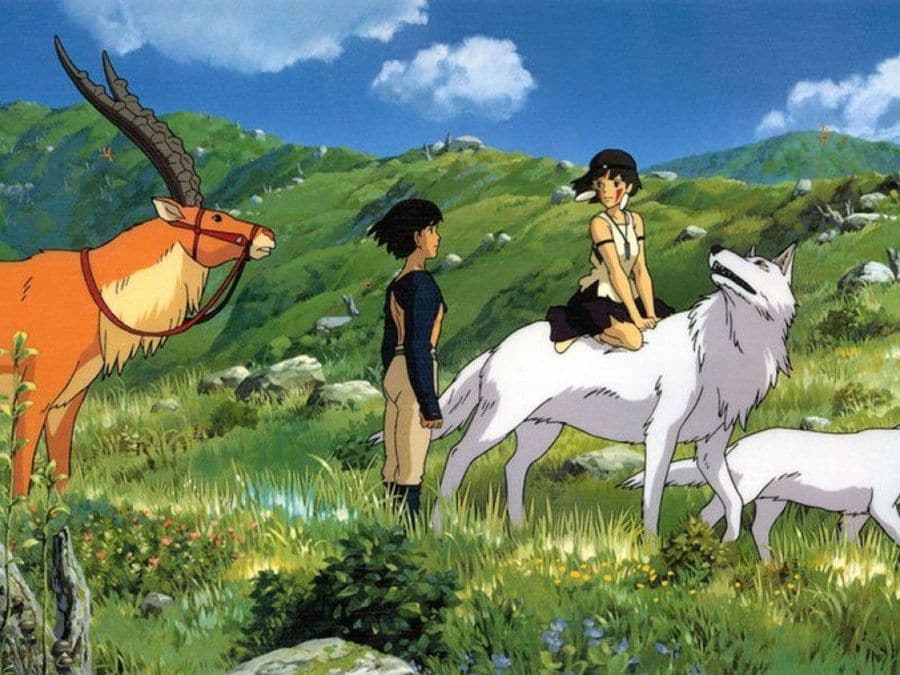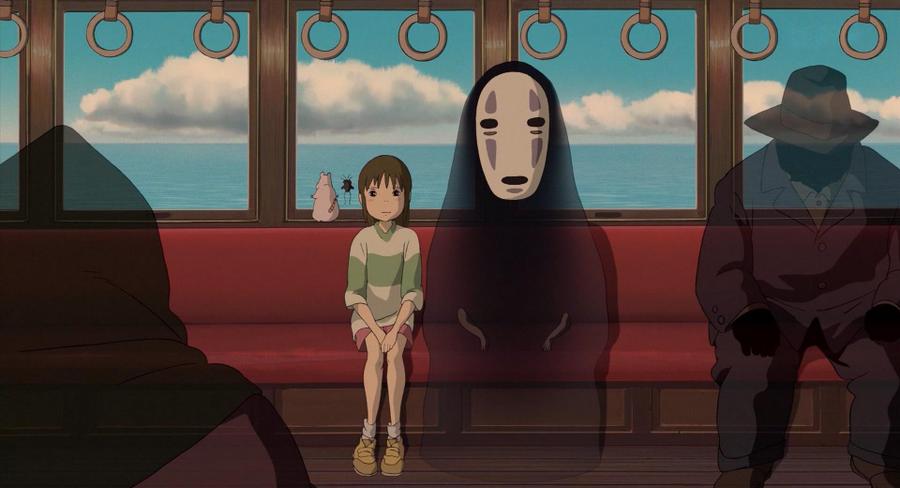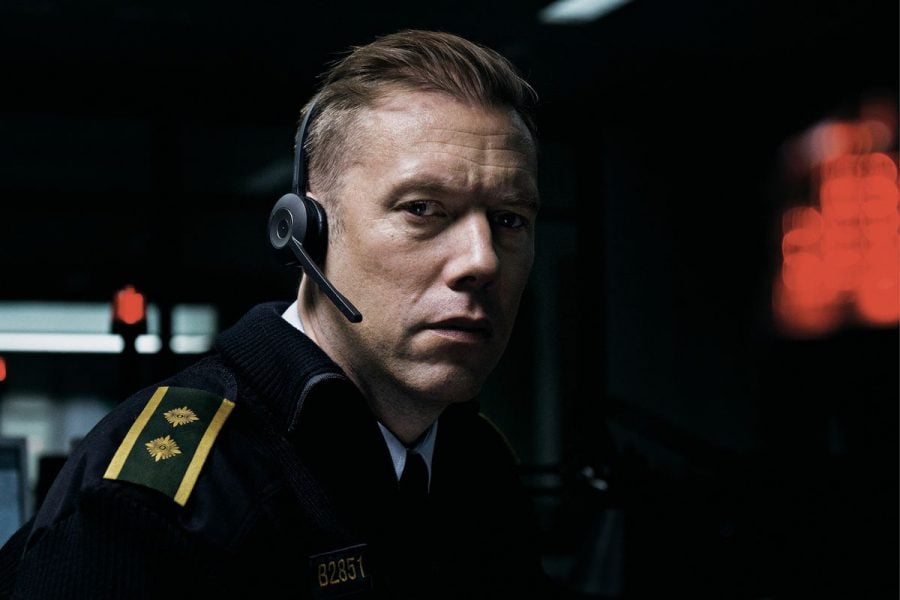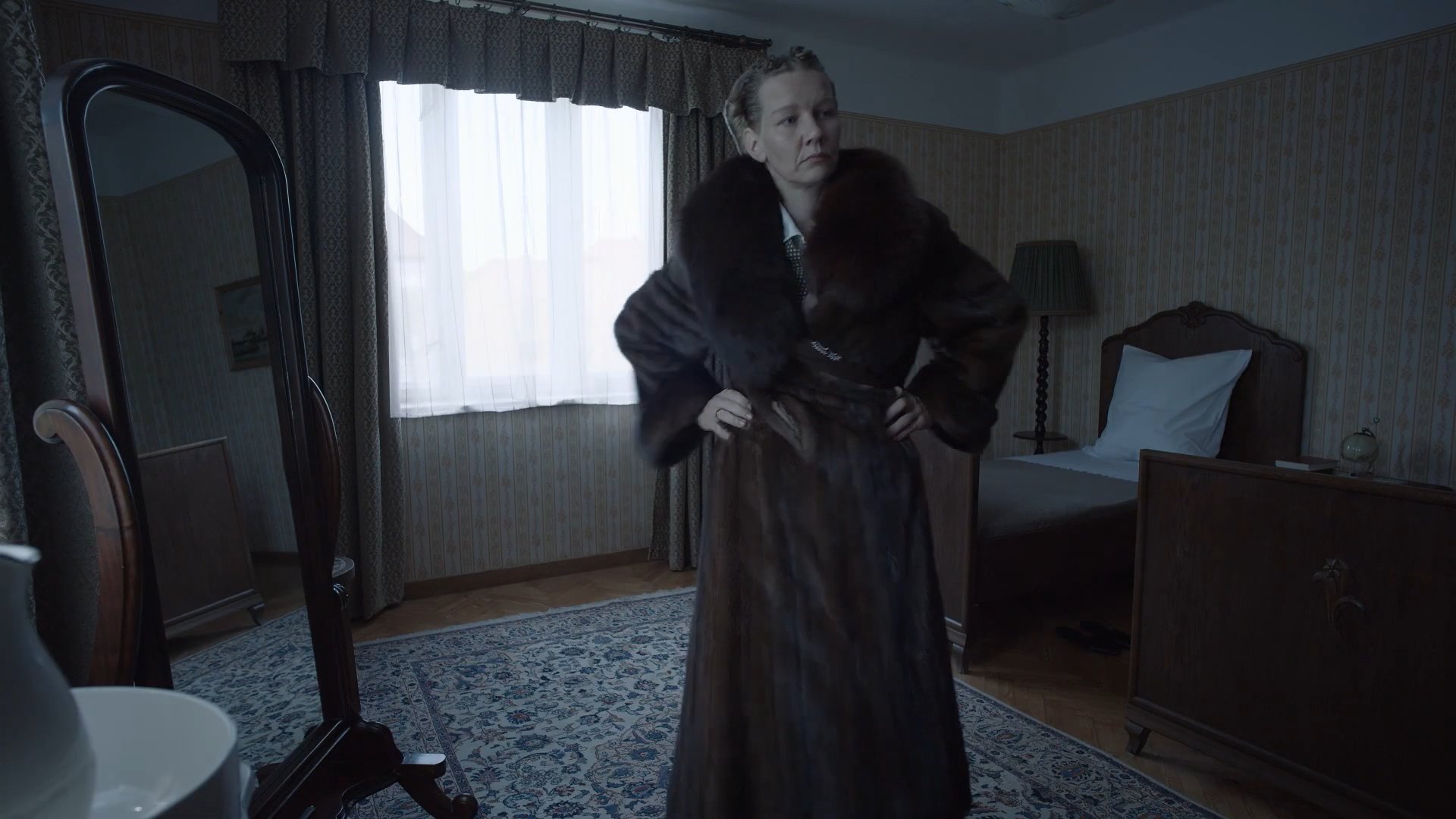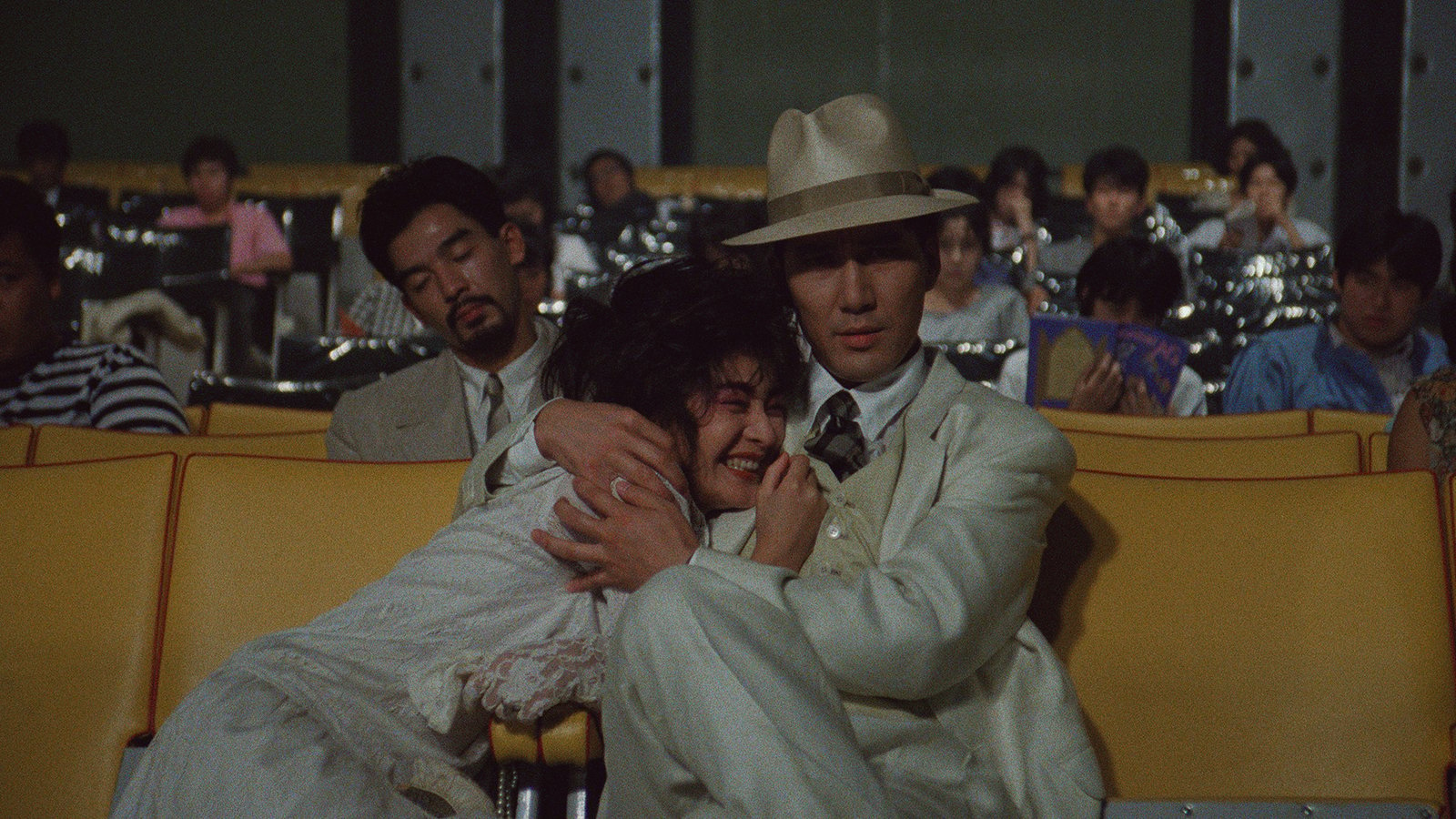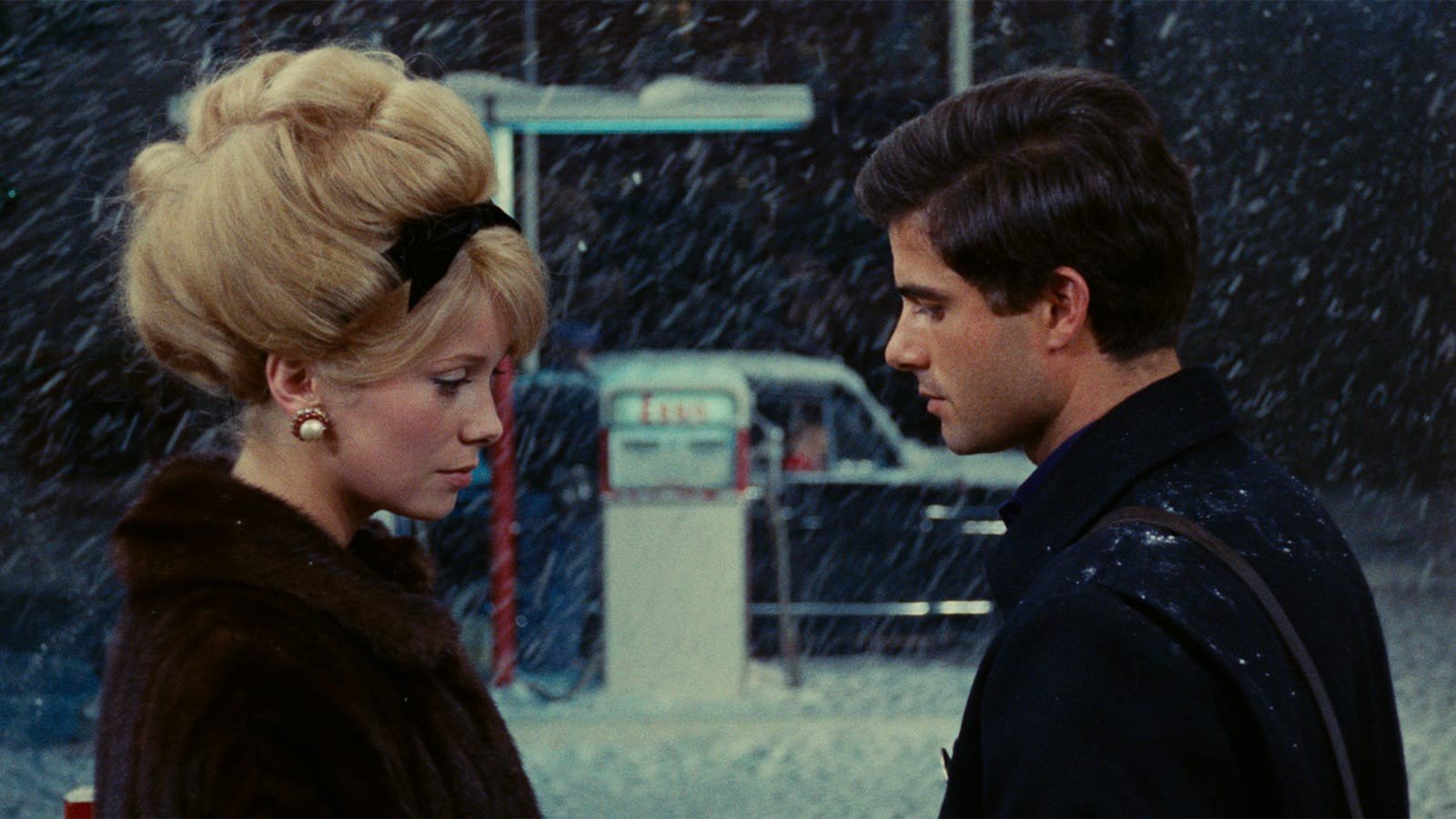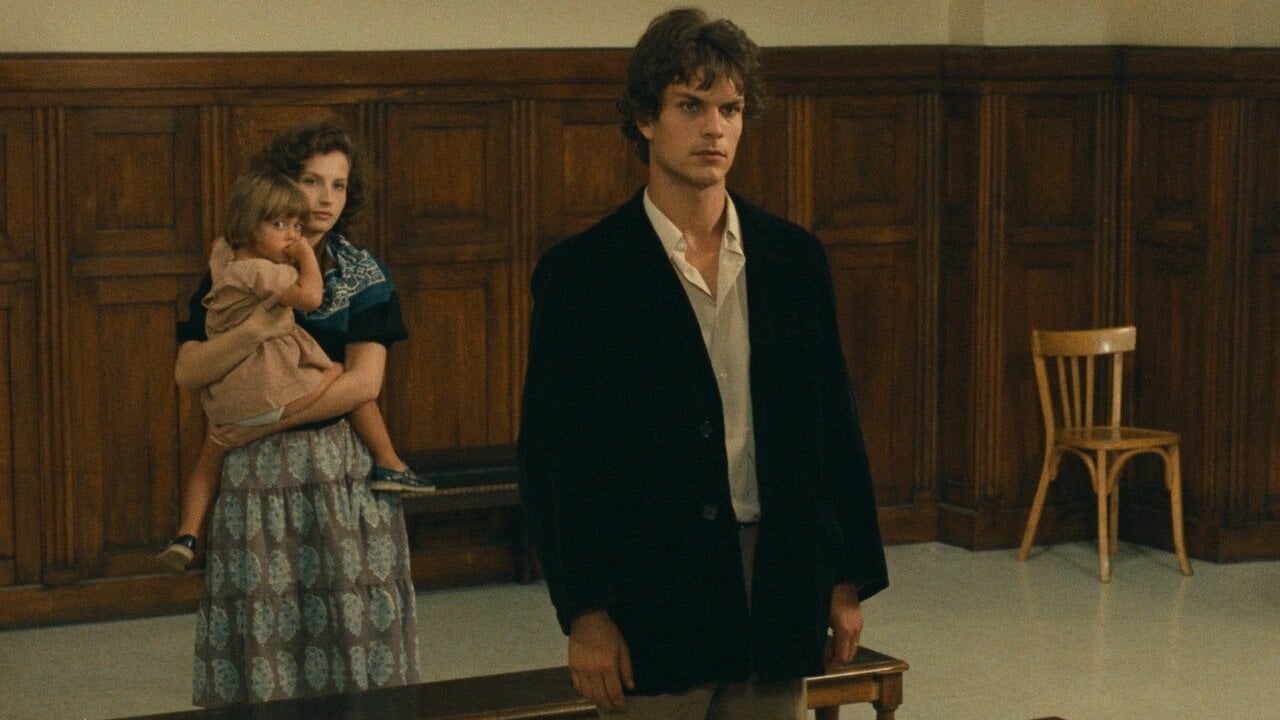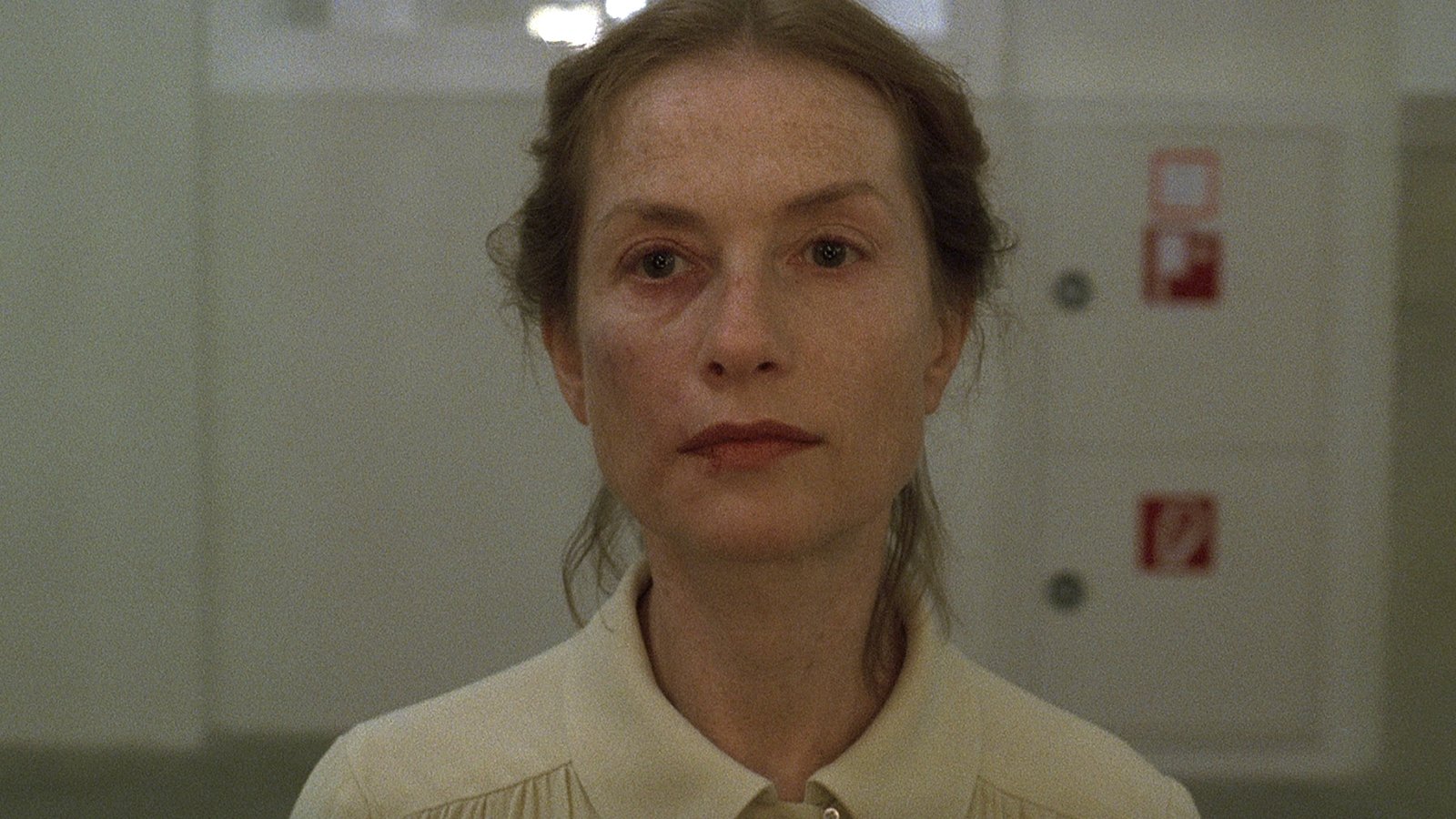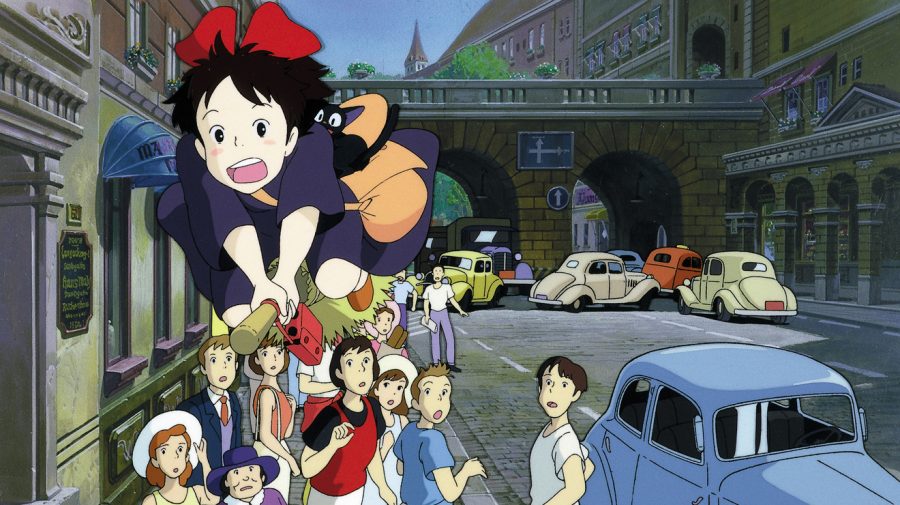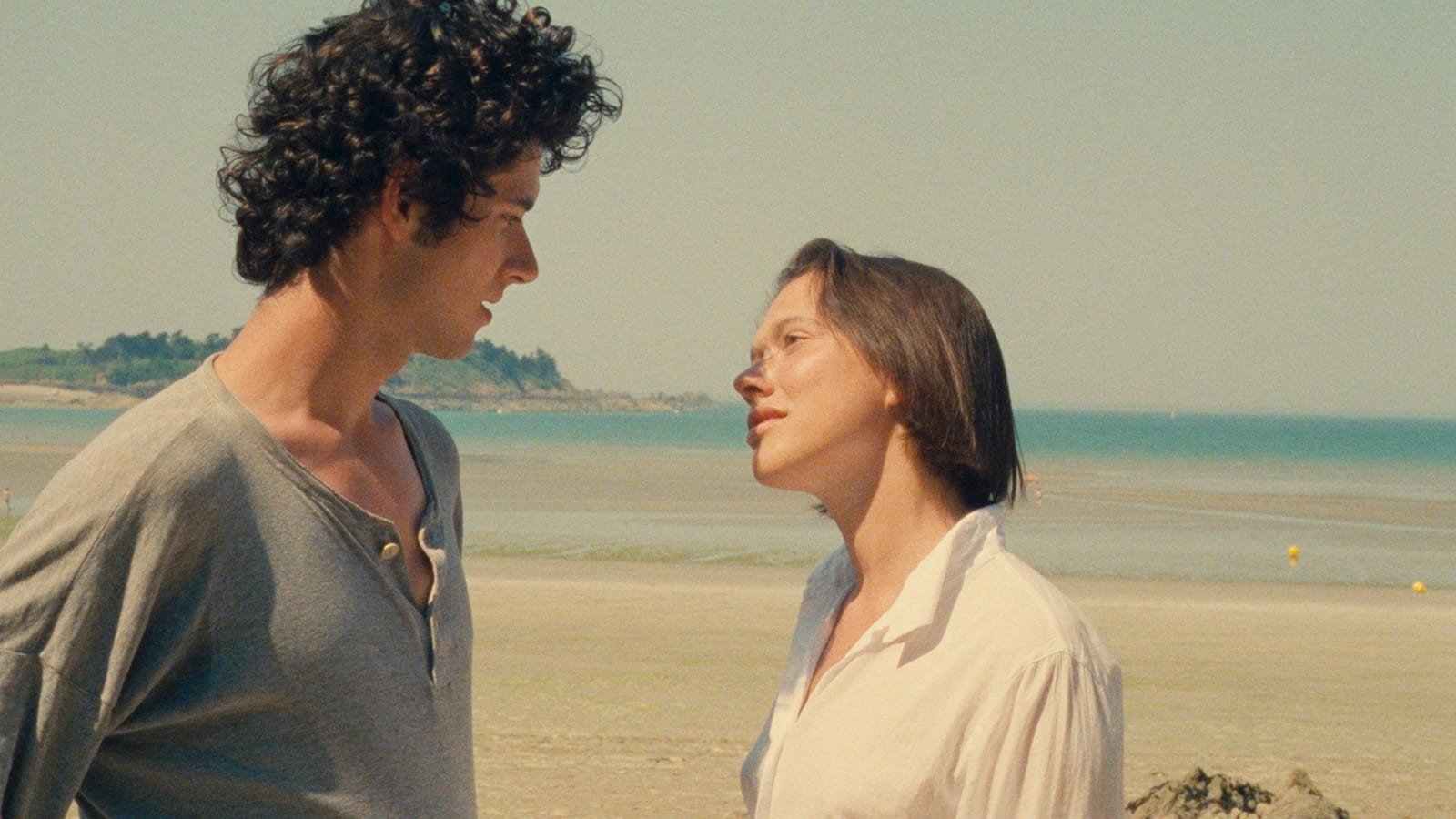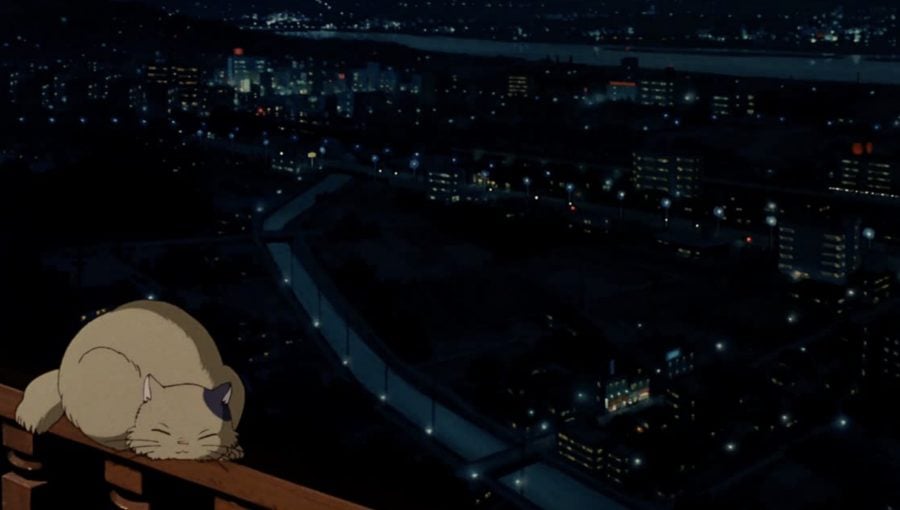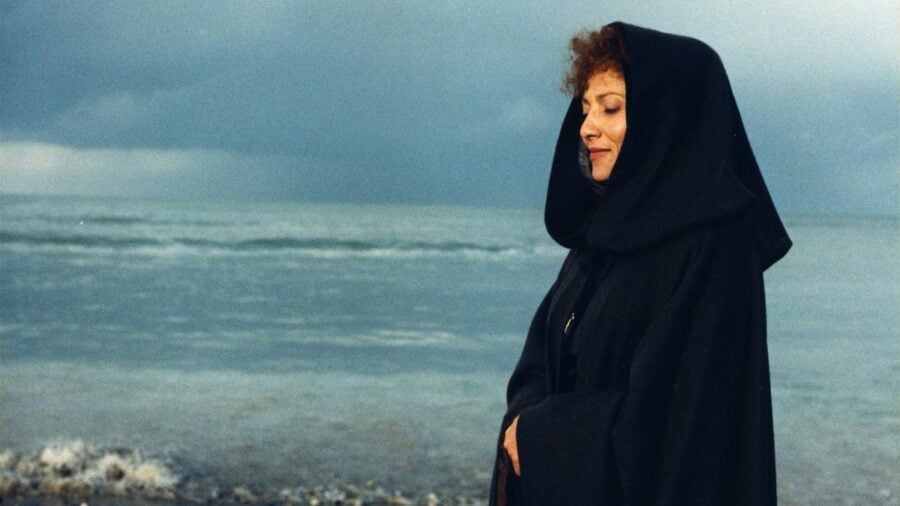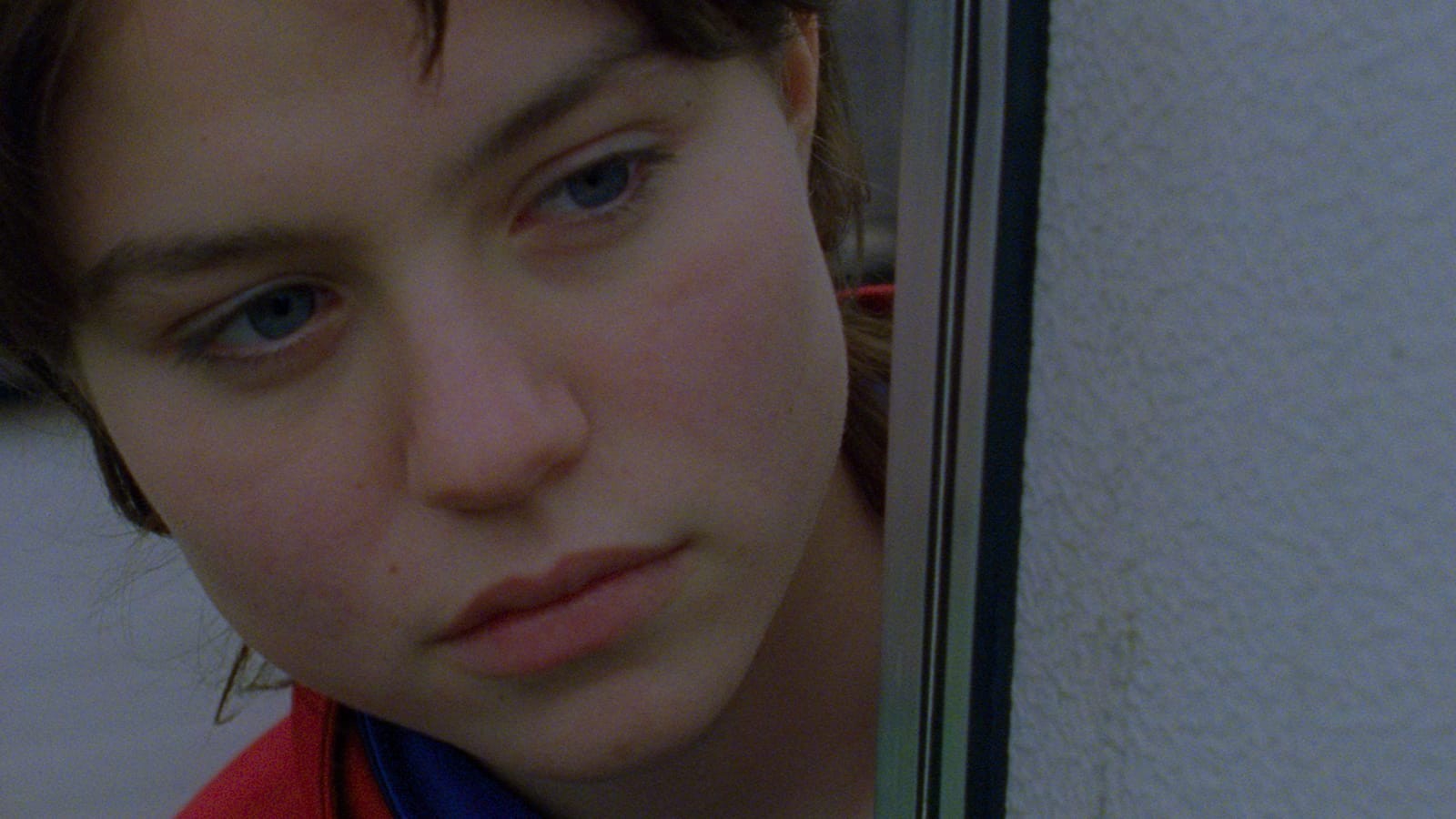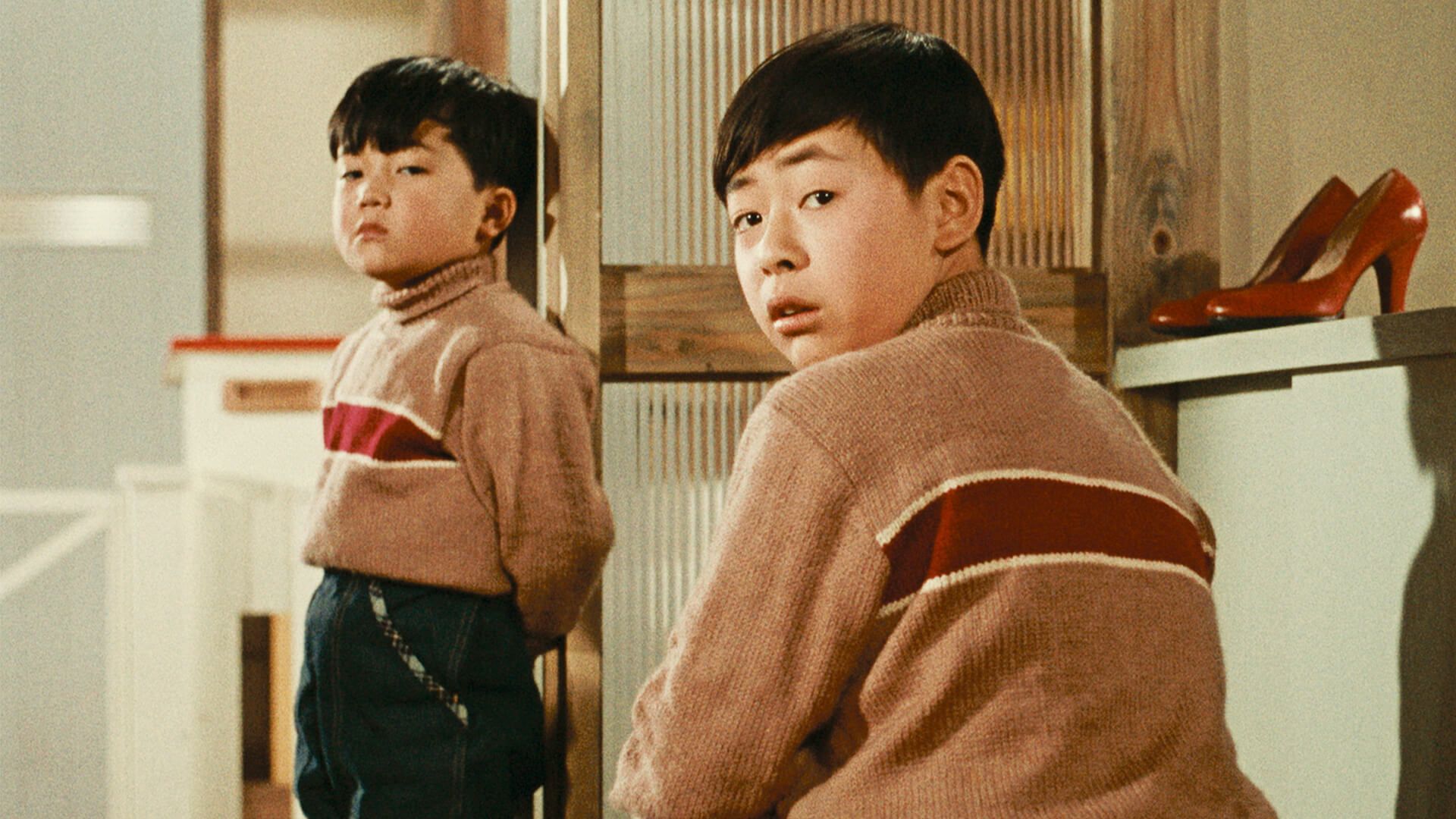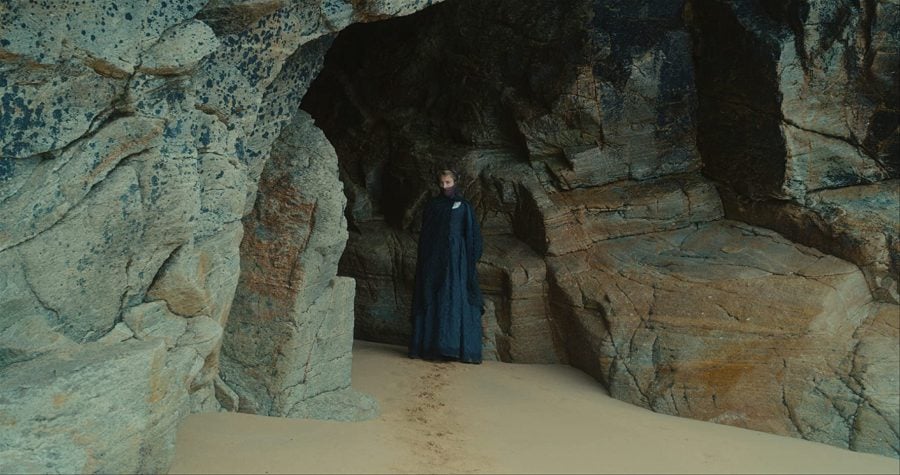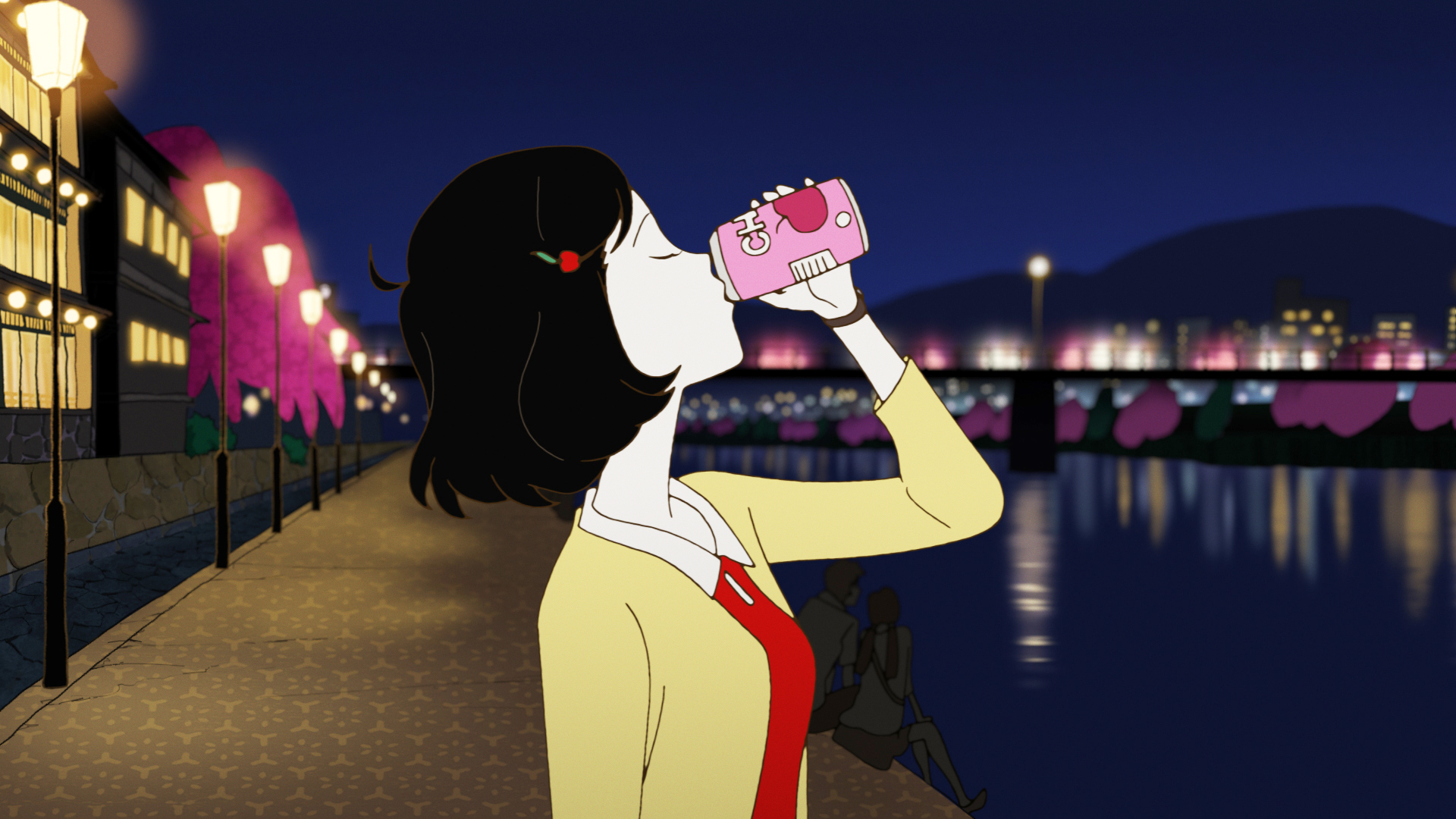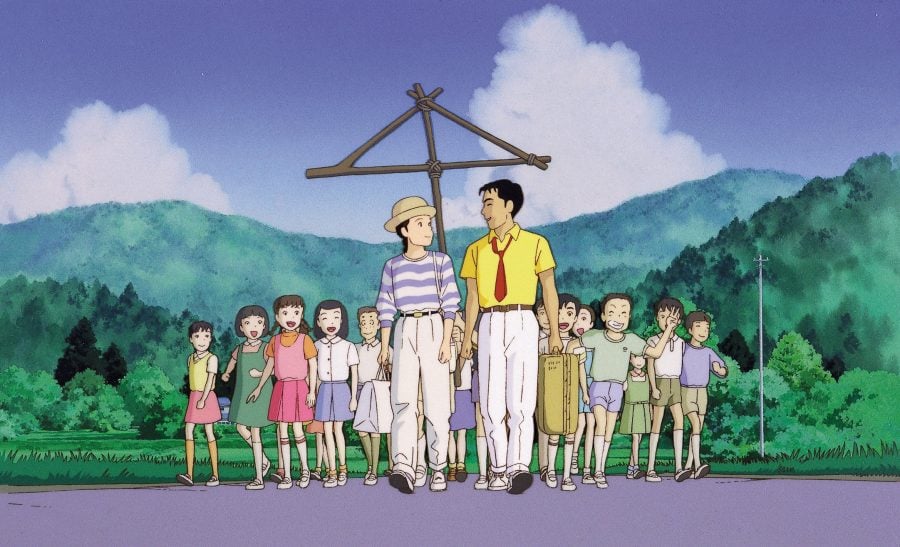20 Best Foreign-Language Movies on Max (HBO Max)
Don’t let subtitles, unfamiliar storylines, and minor differences in acting styles close you off from discovering the many worlds of non-English language cinema. Once you get over that one-inch-tall barrier (as Parasite director Bong Joon-ho said), it’ll be easy to discover that “foreign” movies already offer so much of what you enjoy from the films you’re used to. And on Max—the streaming service of the network known for its prestige content—the non-English language films available to you possess that same prestige as well. These are titles you may not be very familiar with, but through great storytelling and excellent craft they prove that international cinema isn’t just something to be dismissed as pretentious or weird; these films push the rest of the global industry to be better.
The Great Beauty is a film of superlatives! Originally titled La Grande Bellezza, this movie by Italian star director Paolo Sorrentino is so replete with lush, opulent cinematography, it sometimes borders on sensory overload. Having won Best Foreign Language Film at the 86th Academy Awards, as well as the Golden Globe, and the BAFTA award in the same category, The Great Beauty is also a critics’ darling and an award-show sweeper – in addition to being hailed as Paolo Sorrentino’s greatest work to date.
Essentially a tragicomedy, it is both a study and a celebration of the hedonism and decadence of its main protagonist – the bon-vivant and modern-day Roman socialite Jep Gambardella (played by an electrifying Toni Servillo). Instead of honing the craft of writing, Gambardella at some point decides to become the self-proclaimed “king of high life” of Rome. After his 65th birthday, he experiences a shock that changes him for good, prompting him to look past the parties and the nightclubs and to discover the sublime beauty of his hometown, the eternal city. In this way, The Great Beauty is a meditation on art, regret, and pleasure – and Sorrentino’s love letter to Rome.
Genre
Drama
Director
Paolo Sorrentino
Language
Italian, Japanese, Mandarin, Spanish
Mood
Thought-provoking, Without plot
Based on a classic Japanese folktale, Isao Takahata’s last film will break your heart. This adaptation, of course, follows Princess Kaguya from her being discovered in a glowing bamboo stalk to her departure to the moon. However, while faithful to the original tale, Takahata’s direction turns this historical fantasy into a heart-wrenching coming-of-age film as ethereal as the titular character. The film doesn’t focus on the crazy pursuit of her suitors; instead, we’re drawn to the simple experiences Kaguya herself is drawn to and wants more of, as she tries to balance her life with the societal expectations places on women. All of which is rendered through the film’s lush watercolored scenes of the blowing wind or the opening of plum blossoms.
Genre
Animation, Drama, Fantasy
Director
Isao Takahata
Language
Japanese
Mood
Dramatic, Emotional, Lovely, Slow
Called a masterpiece by many and featured on many best-of-the-21st-century lists, Director Wong Kar-wei has created a thing of singular beauty. Every frame is an artwork (painted, as it were, with help of cinematographer Christopher Doyle) in this meticulously and beautifully crafted film about the unrequited love of two people renting adjacent rooms in 1960s Hong Kong. These two people, played by Tony Leung and Maggie Cheung, struggle to stay true to their values rather than give in to their desires, while they both suspect their spouses of extramarital activities. The flawless acting, stunning visuals, and dream-like beauty of In the Mood for Love perfectly captures the melancholy of repressed emotions and unfulfilled love. The cello motif of Shigeru Umebayashi’s main theme will haunt you long after you finished watching.
Genre
Drama, Romance
Director
Wong Kar-wai
Language
Cantonese, French, Spanish
Mood
Dramatic, Lovely, Romantic
From the legendary Hayao Miyazaki, and courtesy of Studio Ghibli, which also brought you Spirited Away, comes this epic whirlwind of a story. Set during a fantastical late Muromachi period, the medieval era of Japan, in a time when many humans were still living among nature, while others set out to conquer and tame it, the movie follows a young man named Ashitaka, who he seeks cure for the curse of a boar god, giving him superhuman powers but eventually killing him. He rides west on a fantastic beast, where he eventually sees a young woman named San, also known as Princess Mononoke. What unfolds from here, is an epic tale of mythical war on many fronts, between the nature gods and humans. While this may sound like a dichotomy, it never is that morally simplistic. The story is action-packed and fast-paced, drawing freely from Japanese mythology as well as modern hot-topic political issues. Add to this the fantastic visuals: Hayao Miyazaki uses a mixture of hand drawings and 3D rendering that are nothing short of spectacular. In short, Princess Mononoke is movie history. If you haven’t seen it yet, do it now.
Genre
Adventure, Animation, Fantasy
Director
Hayao Miyazaki
Language
Japanese
Mood
Action-packed
Frequently considered one of the greatest animated movies of all times, and certainly the highest-grossing film in Japanese history, Spirited Away is Hayao Miyazaki and Studio Ghibli at their very best. It was also the first non-English animation movie to win an Oscar. On the surface, it’s a film about a Chihiro Ogino (Hiiragi), a young girl who stumbles into an abandoned theme park with her parents. In a creepy spiritual world full of Shinto folklore spirits, she sees all kinds of magic and fantastic creatures, while having to find a way to save her parents and escape. In addition to the adventure, the coming-of-age theme, and the motifs of ancient Japanese lore, the film can also be understood as a critique of the Western influence on Japanese culture and the struggle for identity in the wake of the 1990s economic crisis. A deep, fast-paced, and hypnotizing journey.
Genre
Animation, Family, Fantasy
Director
Hayao Miyazaki
Language
Japanese
Mood
Lovely, Sunday, Sweet
Before you press play on this movie, we highly recommend you take a few very deep breaths. This 2018 thriller is wound so tight, you will need the extra oxygen to get through it without fainting. In his directorial debut, Swedish-danish filmmaker Gustav Möller uses very little in terms of resources to create this breath-taking atmosphere. While The Guilty feels like it was made on a $100 million budget, all it physically brings to the table is one man in a dark room. It plays with our imagination instead of blinding it with special effects. Similarly, the plot is also short and sweet: a police officer is temporarily sent to do emergency dispatch, when he receives a call that turns an ordinary shift into a hell ride. This is all we are going to give away before you’ve completed your breathing exercises. The movie’s minimalist approach is held together by great acting from Jakob Cedergre, a screenplay to match, and incredible sound design. A real white-knuckle ride.
Genre
Crime, Drama, Mystery, Thriller
Director
Gustav Möller
Language
Danish
Mood
Intense, Mind-blowing, Suspenseful, Thrilling
How do you make a film about the Holocaust feel new? How do you make the terrors feel fresh, like it was just in the news, without sounding redundant or without giving into the sensationalized and emotionally manipulative? For Director Jonathan Glazer, the answer lies in not what you show but what you don’t show. The Zone of Interest is shot from the point of view of Nazi Officer Rudolf Höss (Christian Friedel) and his wife Hedwig (Sandra Hüller), who live a dreamy life right next to the infamous Auschwitz death camp. Glazer frames them plainly and without flourish as they ignore (or, arguably, revel in) the glow of burning bodies, the howls of pain, and the billows of smoke coming from the torture chamber a wall away. It’s a powerful, nauseating contrast that turns the question from “How can they do this?” to “Who among us is committing the same things right now?” Who among us is casting a blind eye to the atrocities and genocide being committed at this very moment to our neighbors? The film, which is also a technical feat in terms of the way it’s shot (the crew and cameras remained hidden so that the actors were free to roam, as if in a play) is chilling and thought-provoking, and it will unnerve you for days on end.
Genre
Drama, History, War
Director
Jonathan Glazer
Language
German, Polish, Yiddish
Mood
Challenging, Dark, Depressing, Discussion-sparking, Intense, Thought-provoking
While billed as a “ramen western”, Tampopo satirizes plenty of other American genres, including, but not limited to: 1) the inspirational sports film, with Tampopo’s diligent training, 2) the erotic, arthouse drama through its egg yolk kiss, 3) the witty, social comedy pointing out the absurd in dinnertime tables, and 4) the melodramatic mafia romance with its room-serviced hotel getaway. But the film doesn’t buckle under the weight of carrying all these genres– instead, the customer vignettes are all delicately plated to balance out the hearty journey of a store owner learning about ramen and the bemused, yet cohesive contemplation about food. Tampopo is one of a kind.
Genre
Comedy
Director
Jūzō Itami
Language
Japanese
Mood
Easy, Feel-Good, Funny, Heart-warming, Instructive, Original, Quirky, Slice-of-Life, Sweet, Thought-provoking, Touching, Uplifting, Warm, Weird
If we were to list down the best of the best movie musicals ever made, most of the titles would probably come from the Golden Age of Hollywood. But we’d be remiss to forget that just a few years later, all the way across the pond, came The Umbrellas of Cherbourg, a French romantic musical from Jacques Demy. It’s certainly in the running for the most gorgeous musical ever made, with the bold, dreamy colors, incredible camera work, stylish costumes, and two beautiful leads front and center, but what makes Cherbourg great is the lush composition made by Michel Legrand. With the sweeping violins and the tragic lyrics of Devant le Garage, to the catchy, jazzy Scène du Garage that starts off the film, Les Parapluies de Cherbourg brings together sublime visuals and sound into one of the greatest musicals ever made.
Genre
Drama, Romance
Director
Jacques Demy
Language
French
Mood
Emotional, Lovely, Romantic, Tear-jerker, Touching, Warm
With his final film, octogenarian master filmmaker Robert Bresson found the violent, chilling truth in that old cliché, “money is the root of all evil.” L’Argent extends the simplicity of its title (literally, “Money”) into the fabric of the film, using an extremely bare style to track the devastating domino effect that a childish ruse has on one man’s life. When a shopkeeper realizes two schoolboys swindled him out of 500 francs with a counterfeit note, he decides to pass the problem on by paying delivery man Yvon (Christian Patey) with the false note. But when Yvon tries to pay for his lunch with the money, the police are called and his life unravels.
This is just the start of L’Argent’s clinical exploration of the meanness and littleness of man’s greedy spirit. Yvon’s downfall is chronicled with matter-of-fact coldness: everything onscreen is minimal, from the precise cinematography and frugal editing to the non-professional actors’ expressionlessness. This detached style encourages us to absorb all the bitter emotion of the story, which feels — in such an economical format as this — like a moral tale as old as time, but no less cutting.
Genre
Crime, Drama
Director
Robert Bresson
Language
French, Latin
Mood
Intense, Raw, Slow, Thought-provoking
Based on the Austrian novel, The Piano Teacher is as brilliant and as disturbed as its protagonist. The film follows Erika Kohut (Isabelle Huppert), the repressed masochist in question, and the trainwreck of a relationship that she develops with her student Walter Klemmer (Benoît Magimel). Their dynamic is undeniably toxic. Austrian auteur Michael Haneke frames each scene with clinical detachment, but it is absolutely brutal how the two characters try to assert control over each other, engage in sadomasochism, and repeatedly violate each other’s boundaries. Huppert’s heartrending performance fully commits to the merciless treatment Erika receives. But more tragic is the way Erika’s unusual relationship could’ve freed her, could’ve helped her process her abuse, and instead, reinforces her repression. It’s scary to make yourself vulnerable by admitting your desires, only for them to be used against you.
Genre
Drama, Romance
Director
Michael Haneke
Language
French, German
Mood
Challenging, Dark, Depressing, Emotional, Intense, Raw, Tear-jerker
Hayao Miyazaki is no stranger to the fantastical. Howl’s Moving Castle and Spirited Away conjure worlds of spirits and demons, monsters and witches, imaginary wars and extraordinary heroes. But in Kiki’s Delivery Service, the real magic arises from the mundane.
The titular teenaged Kiki leaves home, setting out to become a better witch. She arrives in the idyllic seaside town of Koriko with only her broom and best friend, a black cat named Jiji. When she serendipitously meets Osono, the gentle owner of a bakery, Kiki begins a delivery service as part of her training.
Kiki’s Delivery Service may be one of Miyazaki’s more understated films, but it’s a beautiful reminder that believing in oneself is a magical act of courage that we should all undertake.
Genre
Adventure, Animation, Drama, Family, Fantasy
Director
Hayao Miyazaki
Language
Japanese
Mood
Heart-warming, Inspiring
The sunniest installment of Éric Rohmer’s Tales of the Four Seasons series is a sly, slow burn of a character study. Everything looks sensuously beautiful in the honey-toned French sunshine, except for the ugly egotism of Gaspard (Melvil Poupaud), the full extent of which is gradually revealed over the film’s runtime to amusing — if maddening — effect.
A brooding twenty-something, Gaspard has the traumatic task of having to decide between three beautiful and brilliant young women while vacationing alone on the French coast one summer. He dithers and delays his choice, each woman appealing to a different insecurity of his — but, as frustrating and plainly calculating as he is, you can’t help but be charmed by Gaspard. That’s partly because of Poupaud’s natural charisma, but also because Rohmer grants Gaspard as many searingly honest moments as he does deceitful ones. These come through Rohmer’s hallmark naturalistic walking and talking scenes (a big influence on the films of Richard Linklater), coastal rambles that produce conversations of startling, timeless candor. That inimitable blend of breeziness and frankness is never better matched in the director’s films than by the summer setting of this one, the sharp truths going down a lot smoother in the gorgeous sunlight.
Genre
Comedy, Drama, Romance
Director
Éric Rohmer
Language
French
Mood
Character-driven, Discussion-sparking, Easy, Lighthearted, Smart, Sunday, Warm, Well-acted
Studio Ghibli has brought us moving, remarkable animated films such as Spirited Away, My Neighbor Totoro, and Princess Mononoke. One of Studio Ghibli’s most overlooked movies is Yoshifumi Kondou’s Whisper of the Heart, which finds magic in the ordinary every day. Shizuku is a young girl with great aspirations to become a writer—the only thing stopping her is herself. When she comes across a curious antique shop, she befriends a mysterious boy and his grandfather, who are just the push she needs to look inward and discover her own artistic capabilities.
If you have ever wanted to create something bigger and better than yourself—a story, a song, a poem, a painting, a work of art—then Whisper of the Heart will excite you, will call to you, will remind you to answer your heart’s calling.
Genre
Animation, Drama, Family
Director
Yoshifumi Kondô, Yoshifumi Kondou
Language
Japanese, Spanish
Mood
Feel-Good, Lighthearted, Romantic
Sisters Martine and Filippa, daughters of a founder of a religious sect, live a simple and quiet life in a remote coastal village in Denmark. Throughout the course of their lives, they reject possible romances and fame as part of their commitment to deny earthly attachments. This is upended by the sudden arrival of a French immigrant named Babette, who served as their house help to escape the civil war raging in her country.
Babette’s Feast is an inquiry into simplicity and kindness, and whether these would be sufficient to achieve a life of contentment. The religious undertones perfectly fit with the film’s parable-like structure, where bodily and spiritual appetites are satisfied through a sumptuous feast of love, forgiveness, and gratitude.
Genre
Comedy, Drama
Director
Gabriel Axel
Language
Danish, French, Hungarian, Swedish
Mood
Dramatic, Heart-warming, Lovely, Slice-of-Life, Slow, Touching, Well-acted
Rosetta begins fiercely, with a shaky handheld camera chasing the eponymous teenager (Émilie Dequenne) as she storms across a factory floor and bursts into a room to confront the person she believes has just lost her her job. The film seldom relents from this tone of desperate fury, as we watch Rosetta — whose mother is a barely functioning alcoholic — fight to find the job that she needs to keep the two alive.
As tough as their situation is, though, Rosetta’s fierce sense of dignity refuses to allow her to accept any charity. A stranger to kindness and vulnerability, her abject desperation leads her to mistake these qualities for opportunities to exploit, leading her to make a gutting decision. But for all her apparent unlikeability, the movie (an early film from empathy endurance testers the Dardenne brothers) slots in slivers of startling vulnerability amongst the grimness so that we never lose sight of Rosetta’s ultimate blamelessness. Its profound emotional effect is corroborated by two things: that it won the Palme d’Or at Cannes, and that it helped usher in a law protecting the rights of teenage employees in its setting of Belgium.
Genre
Drama
Director
Jean-Pierre Dardenne, Luc Dardenne
Language
French
Mood
Character-driven, Dark, Emotional, Gripping, Intense, Raw, Well-acted
There’s something so delightful about watching Good Morning, the second of Yasujirō Ozu’s films in color. It’s easy to see why– the conflict is relatable, Ozu’s shots are immaculately framed in warm colors, and of course, the pouting children hoping to get a television of their own are just pinch-worthy adorable. But through the neighborhood conversations, the different generational concerns of each Hayashi, and a surprising amount of fart jokes, Good Morning subtly ponders on social niceties, the consideration we learn to give to others in silence, as well as the freely given affection that becomes harder to share as adults. Good Morning may not be Ozu’s most famous feature, but it’s nonetheless one of his most delightful to watch.
Genre
Comedy, Drama, Family
Director
Yasujirō Ozu
Language
Japanese
Mood
Easy, Lighthearted, Lovely, Slice-of-Life, Sweet
This unique romance is set during a time when a man would be sent the painting of the woman he was to marry before the wedding could take place. Héloïse, secluded with her mother and a maid on a remote island, doesn’t approve of her upcoming wedding and refuses to be painted. Her mother sends for a new painter, Marianne, to try to paint her without her noticing. Marianne has to take on this near-impossible task when she starts having feelings for Héloïse. This makes for a riveting romance where Marianne has to choose between her heart and her art while keeping a huge secret from her love interest.
Genre
Drama, History, Romance
Director
Céline Sciamma, Céline Sciamma, Female director
Language
French, Italian
Mood
Heart-warming, Romantic, Well-acted
Fun and whimsical to its core, this animated film takes viewers on a visually captivating, surreal, and enchanting journey through a single night in Kyoto. The movie immerses you in an entertaining and eccentric world with its vibrant animation, characters, and offbeat humor following two unnamed characters only referred to as “The Girl with Black Hair” and “Senpai.” The narrative weaves together various quirky encounters, love interests, and strange events, keeping you engaged and curious. Blending romance, comedy, and coming-of-age themes, Night Is Short, Walk On Girl is a joyous celebration of youth, adventure, and the unpredictable nature of life’s unexpected twists and turns.
Genre
Animation, Comedy, Drama, Fantasy, Romance
Director
Masaaki Yuasa
Language
Japanese
Mood
Feel-Good, Quirky, Slice-of-Life, Weird
This beautiful, realistic, and nostalgic anime movie about childhood is one that almost anyone can relate to. Set in the year of 1982, twenty-seven-year-old Taeko Okajima is traveling to the countryside by train. Along her journey, she gets flashbacks of her childhood: mostly in elementary school, stealing glances at a boy, and navigating puberty. The movie goes back and forth between past and present, easily making one long for sun-filled summers of yesteryear and silly jokes between playfriends. As well as telling a story about Taeko’s past, Only Yesterday also tells a story about her present, and the combined realism of the plotline with the beautiful animation grips you and doesn’t let go. Only Yesterday truly feels like home.
Genre
Animation, Drama, Romance
Director
Isao Takahata
Language
Japanese
Mood
Heart-warming, Lovely, Slice-of-Life, Sunday, Sweet, Uplifting

